Inside: Get first trimester tips to learn what you need to know immediately after you find out you are pregnant!
There I stood, nervously waiting to flip over the pregnancy test to see what the results were. But I couldn’t bring myself to look at it. Not yet. My heart pounding, hands shaking and a kaleidoscope of emotions whirring inside of me.
I didn’t know what to do with myself…pacing around the bathroom, thinking of what a positive pregnancy test would really mean….
Then the moment came and I turned over the First Response test to witness the two blue lines: A positive pregnancy indeed!
What to do in the First Trimester of Pregnancy
Once you see that positive result, reality sinks in. A new chapter in life awaits you, and you start asking yourself a slew of questions…
What should I do now that I know I am pregnant?
After a positive pregnancy test when should I see a doctor?
What exactly should I be doing in my first trimester?
When can I start telling people I’m pregnant?
And these are all good questions to be asking. It can seem a bit daunting after the initial shock or excitement subsides and you realize a new life is growing inside you.
You may want to shout the news to the world or just keep it to yourself for the moment, returning to your normal lifestyle routine.
But before you make any haste decisions, read on to see what you need to think about and do immediately after you find out you may be pregnant.
Pregnant! Now What? Things to Consider
1. Take another pregnancy test.
If you have any doubts about whether or not you are truly pregnant, take another pregnancy test. Some people, especially first-time moms, just want that reassurance before they start to plan next steps.
However, you should know that false positives are much less likely than false negatives. Meaning, if you get a positive pregnancy test, it indicates that the pregnancy hormone, beta-hcg is detected, and you are most likely pregnant. Even if your pregnancy test shows a very faint line. This is exactly what happened to me during one of my pregnancies — I had two lines, the second being very faint, but clearly present.
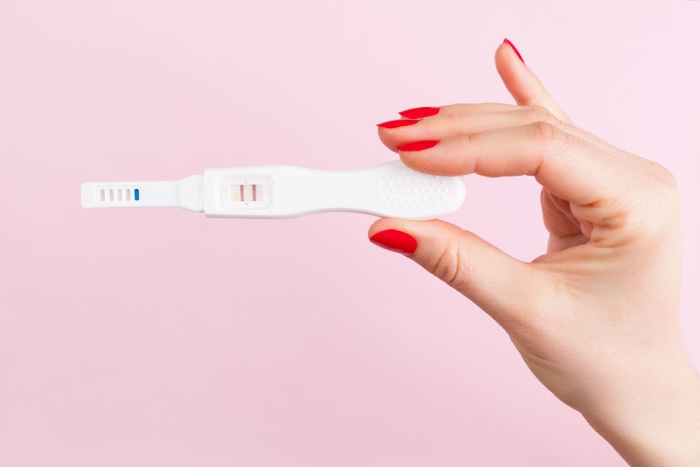
On the other hand, if you take a pregnancy test and it comes out negative, there is still a chance that you may be pregnant…it could just be a little early in your pregnancy for the test to detect it. (I also experienced this early on.)
2. Make a prenatal appointment with your doctor.
The next and most important thing you should do is make a prenatal appointment with your doctor — gynecologist or OB/GYN.
It may take some time to see your doctor after you make that call — most are held at around 8 weeks… I remember when I scheduled my first visit and felt a bit confused when I realized I wouldn’t see my doctor for another 3-4 weeks. Like what was I supposed to do in the meantime?
Well, three babies later, I can tell you what to do in the meantime…first see #3 below!
3. Start your prenatal vitamins.
Prenatal vitamins during pregnancy are non-negotiable. It is another major step you need to take after knowing your pregnant (or even while trying to conceive) to help ensure a healthy pregnancy. That’s because pregnant woman need folate to help with baby’s development (and it can be hard to get enough of it naturally in your normal diet) — prenatal vitamins contain folic acid the best way to supplement this need.
Also prenatal vitamins (especially folic acid) help protect against birth defects — which there is a higher risk of earlier on in pregnancy. Hence why you want to start taking vitamins ASAP…even before you get that doctor visit (if you don’t like it you can always change it up after seeing your doctor, but don’t neglect starting early!).

I was unaware of this initially and waited to see my doctor the first time…she recommended one via prescription, which I didn’t even end up taking. Instead I opted with this brand from my local pharmacy that was not only affordable but also worked well to help me with three healthy pregnancies!
If you are looking for a prenatal vitamin that is specifically optimized for EACH trimester of pregnancy and have the budget for it, than definitely give this brand a try!
4. Sign up for pregnancy updates.
While you wait for your prenatal visit, don’t just sit there…it’s important to start taking care of yourself and researching all you can on your own about pregnancy. This will help you feel more prepared to ask helpful questions for when the time does come, and will also help keep your pregnancy on track month by month.
Some of the more popular pregnancy apps are: Baby Center (I used this one and loved the week by week updates and details of how big baby was and the changes my body was going through); What to Expect, The Bump and Ovia.
With tons of pregnancy websites and resources out there these days, you might pass on the pregnancy books. If so, here are popular pregnancy resources which I highly recommend:
- Baby Center
- Fit Pregnancy
- What to Expect
- American Pregnancy
- Cafe Mom
- The Bump
But you’ll also want to check out smaller blogs, written my experienced moms, including yours truly: Mommy’s Bundle — you can sign up for our list of easy pregnancy self-care ideas to help get you on the right track.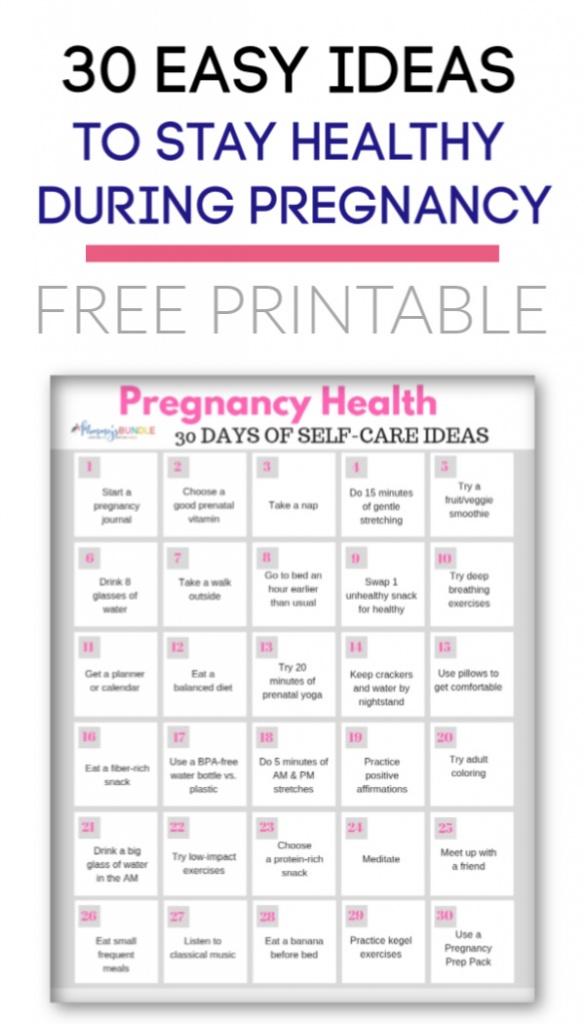
5. Visit your doctor.
When the day of your prenatal appointment arrives, be ready!
Use this time to ask any questions you may have about your pregnancy and inform your doctor of any medications you are taking that can be harmful to your baby.
They will do a general exam, take a urine sample to confirm pregnancy and walk you through what to expect the next few months. You’ll also most likely receive a folder with reading material and pregnancy safety tips too. Don’t overlook those — although some of the material won’t be pertinent until later in your pregnancy, make note of the information you do have!
6. Start healthier habits.
Along with your prenatal visit, one of the top things on your first trimester to-do list should be beginning healthier lifestyle habits in terms of nutrition, exercise and activities.
The first trimester is the MOST critical in terms of development — and if all goes well, chances of miscarriage drop dramatically after the third month.
That’s why your goal here should be to take pregnancy self-care serious. Eat a balanced diet (think: more fruits/veggies, less processed or sugary foods), de-stressing, making sleep a priority and don’t forget about low-impact exercises like walking and stretching to help fight pregnancy fatigue.
 Know what things can be harmful to your pregnancy and avoid them — this goes beyond just alcohol and tobacco (see #6).
Know what things can be harmful to your pregnancy and avoid them — this goes beyond just alcohol and tobacco (see #6).
7. Check your medicines and household products.
Did you know the everyday products you use in your beauty routine, over-the-counter meds and cleaning schedule should also be used with caution during pregnancy?
Oh yeah! Many of those unsuspecting products you encounter daily contain toxic chemicals that can be unsafe for your growing baby. I only learned about these things, the more I researched and asked around.
Make sure you read the labels and look for products that are safe to use while pregnant.
8. Manage your morning sickness.
Most women begin to experience some sort of morning sickness (aka all day sickness characterized by nausea and/or vomiting) by around 6 weeks. It varies from pregnancy-to pregnancy but typically subsides by the end of the first trimester of pregnancy.
Knowing that you most likely will experience morning sickness, start looking for ways to manage it. Though there’s no “magic pill” for everyone, a few things tend to provide much relief, here’s my top morning sickness relief ideas.
Remember, it won’t last forever, but if you experience severe symptoms past the first trimester talk to your doctor about additional options you can try. Note: Some prescription nausea relief meds can should still be looked at cautiously.
Note: Some prescription nausea relief meds can should still be looked at cautiously.
9. Document your pregnancy.
Now is the time to start recording any fun and noteworthy pregnancy experiences. You can use a simple pregnancy journal to document things like your emotions, cravings, food aversions and any milestones you reach.
This is really something I regretted not doing more of during my pregnancies…during the first one, I did pretty well keeping week-by-week notes of my baby bump and symptoms but didn’t think to do it again with my other pregnancies (that and being pregnant while caring for a toddler is exhausting!)
While documenting your pregnancy, keep a set of inspirational pregnancy quotes handy to spark joy and provide encouragement throughout your journey.
And of course, don’t forget to take monthly pictures of your belly bump with these handy stickers — it will be a nice keepsake to have to look back on and you can even save it to see how each of your pregnancies compared to the other!
10. Check-in with your insurance.
It might not be the first thing to come to mind, but an important step in covering your prenatal care is to check your health insurance policy. You can get a better idea of what’s covered, what’s not, what your co-pay will be during each visit or for any tests you need. It will also help you better assess your birth plan if you are looking to go with a midwife, doula or even home birth.
Additionally, even with the best insurances, there will always be out-of-pocket costs you need to cover for once baby arrives. Think: anesthesia fees, c-section fees, circumcision etc.
11. Tell family and friends.
Now, on to the most exciting part: announcing your pregnancy to your friends and family!
But when should you actually break the news to your loved ones?
Although you may want to shout the news from the rooftops, most couples keep the pregnancy to themselves early on until they know for sure the pregnancy is viable.
Again, this is because, after the first trimester, chances of a miscarriage are less likely.
We told our immediate families at about month two, but then only shared it with everyone else after three months. You can get pretty creative in terms of sharing the news. I’ve seen pregnancy announcements that run the gamut from a cute photo posted on Facebook, to clever bump pictures and pregnancy t-shirts. The options are limited to however you choose to share!
You can get pretty creative in terms of sharing the news. I’ve seen pregnancy announcements that run the gamut from a cute photo posted on Facebook, to clever bump pictures and pregnancy t-shirts. The options are limited to however you choose to share! 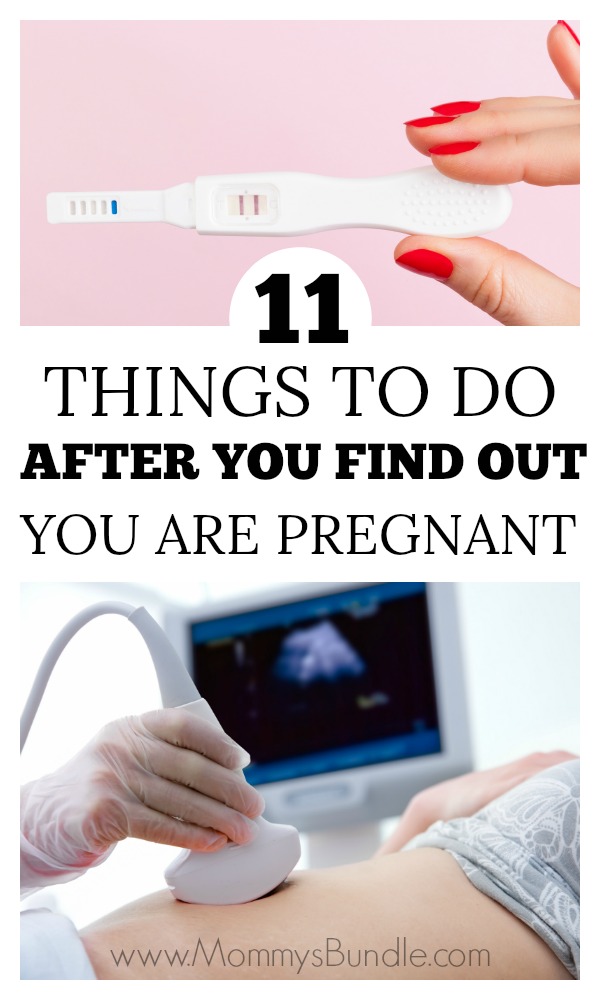
***
And that’s pretty much sums up the most important things you need to do, during trimester 1, once you find out your pregnant.
Because as trimester 2 and 3 rolls in you’ll be able to take it easier and have a better idea of what to do and plan for, each month as you await your bundle of joy.
Click below to download the FREE Pregnancy Self-Care Cheatsheet to start taking care of your pregnant body and baby >>
Ana, a mom to three rambunctious little boys, has supported hundreds of thousands of women throughout their pregnancy and motherhood journey since 2012 as a blogger and maternal health advocate at MommysBundle.com.

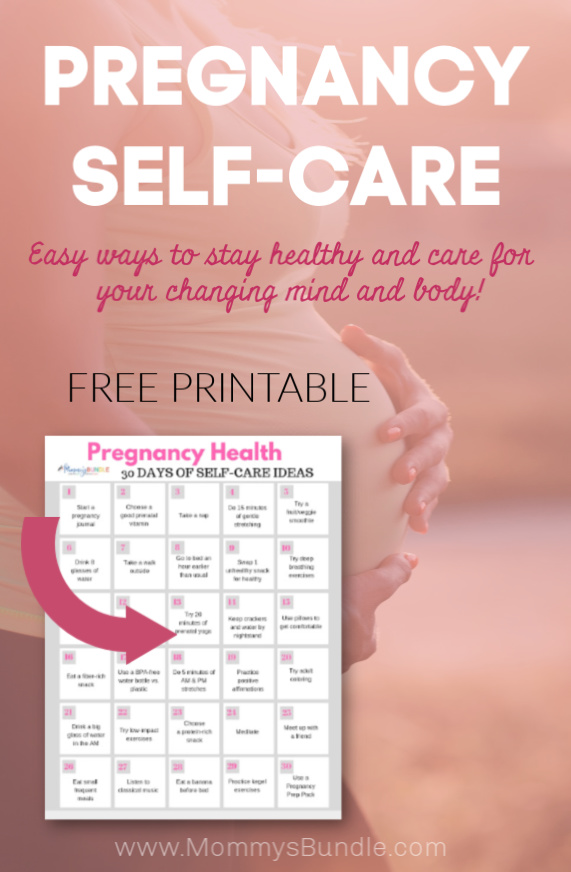

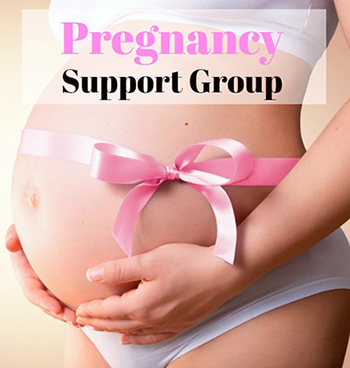
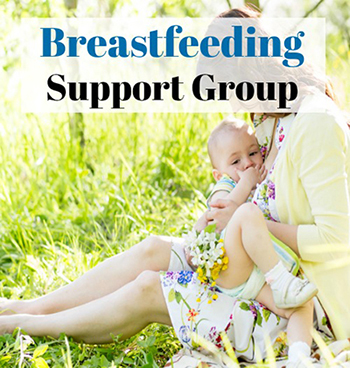
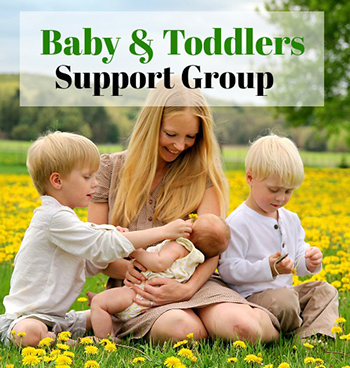
Leave a Reply